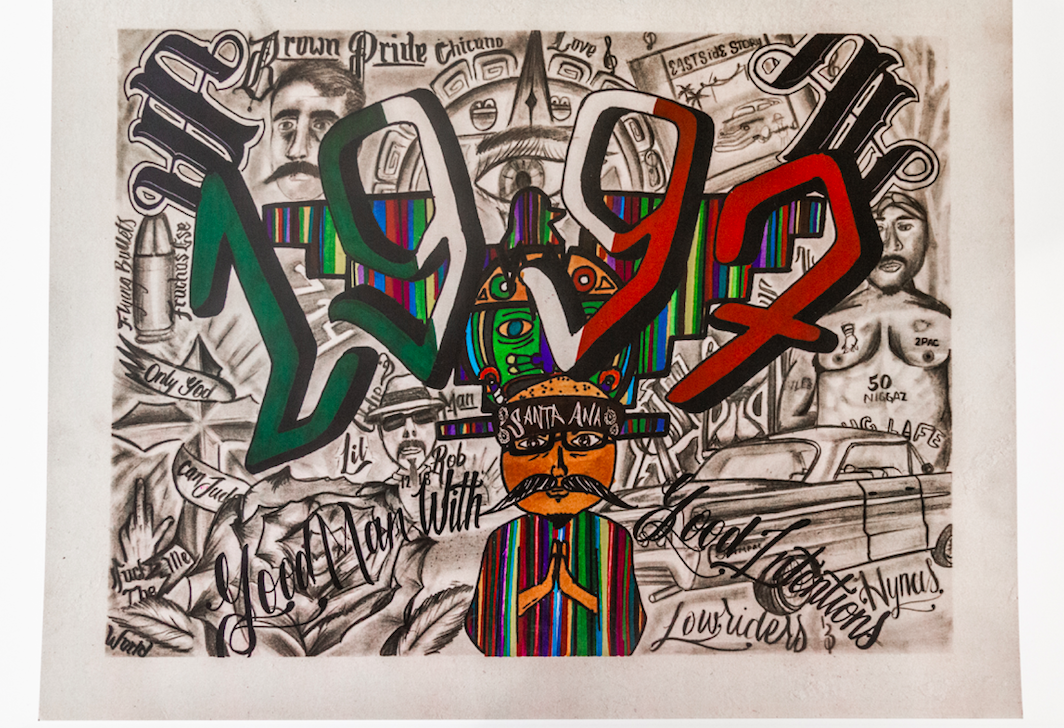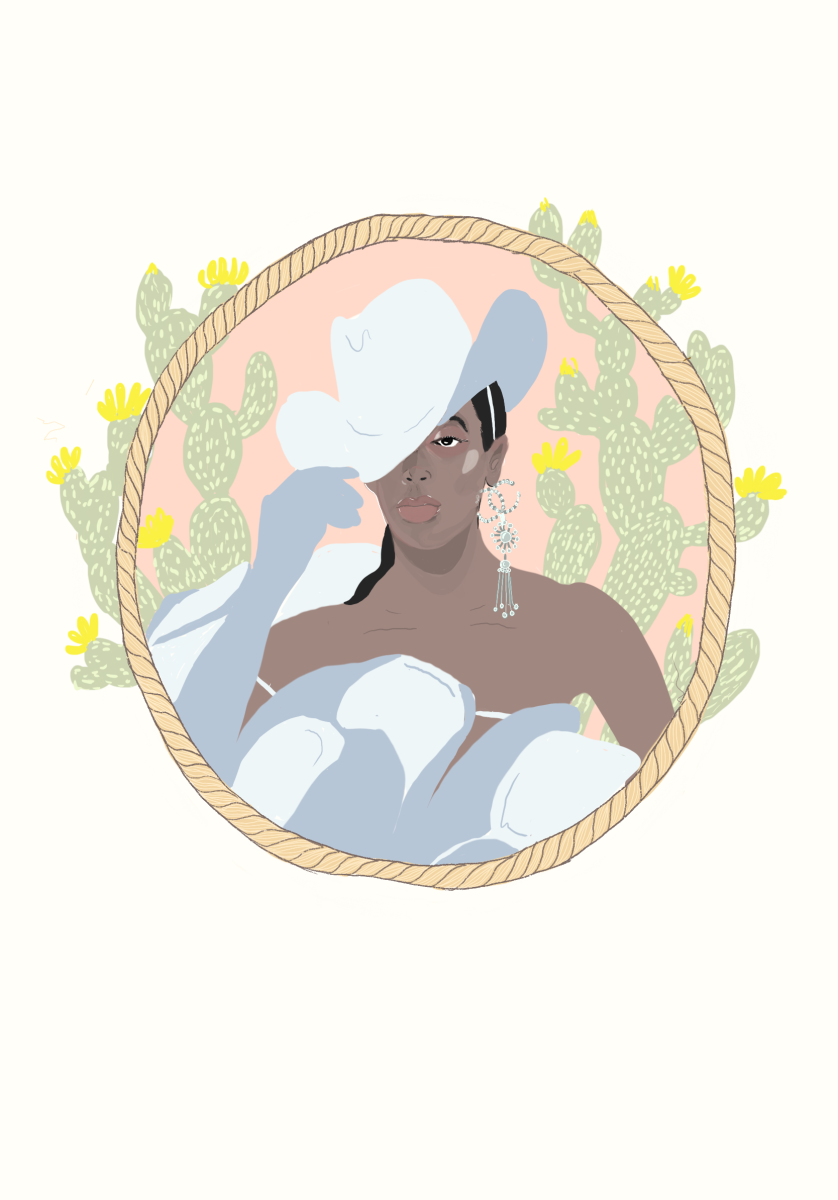Two years ago when I showed up to the first day of my Writing 123 class and learned that the topic for the entirety of the class was animal rights and factory farming, I swore to myself that I would not let that class forced me to give up my meat-consuming ways. One term, one bad break-up, and two health documentaries later, I had become a vegetarian.
The following year, I moved in with one vegetarian and one vegan and realized that the majority of my friends were either starting to sustain plant-based diets or had for a while. Up until this point, I had thought of vegetarianism as a habit I would maintain for as long as it benefitted and convenience me — that is, until I saw a really well-cooked chicken — but suddenly, I began to see it as the cultural shift and enduring lifestyle pattern that it was becoming. Although vegetarianism was, to me, the ethical choice in a variety of circumstances, there was one question that seemed to convolute the moral boundaries: is it ethical to raise children vegan/vegetarianism?
Although this question was rooted in vegetarianism, it was the larger theoretical implications of it that kept me stumped. That is if vegetarianism is at its core a practice founded in personal belief (whether it’s of moral, health or environmental causes),then where do we draw the line when imposing personal practices and cultural beliefs onto our children? Why does, often times, the ingestion of food seem to be where this line falls, and not, per say, the act of sitting them down in church every Sunday?
Yet I’ll back up here, and start with the defense.
Most people who preach the unethicality of raising vegan/vegetarianism point to health ramifications: children will not get enough protein, fatty acids, essential vitamins and nutrients. They will wither away without animal meat; their milk-deprived bones will splinter at the slightest tumble. In fact, The Royal Academy of Medicine of Belgium even published a legal opinion this month asserting that raising a child vegan was so negligent that it should be considered a criminal offense. Of course, this argument has been debunked a handful of times: it is perfectly healthy to raise a child on a well-balanced vegan or vegetarian diet, and in many ways much healthier, as long term meat and dairy consumption have been proven to lead to hardened arteries, stokes, cancer, heart attacks, and a multitude of other bodily ills.
In fact, Hannah Grace Albers serves as one example of the physical benefits of a vegan lifestyle. Now 23, Hannah was diagnosed with liver cancer at 17 and told that she had 6 months to live. To minimize the toxins filtered through her liver, she went vegan overnight. This diet, in combination with other Gerson therapy methods, eventually ridded Hannah of her cancer without undergoing any chemotherapy. In terms of raising a child vegan/vegetarian, Hannah says that “parents should raise their children however they feel is healthiest. I won’t necessarily raise my children strictly vegan but there are obvious critical health and environmental benefits to a vegan lifestyle.”
Yet these health facts serve the classic vegan/vegetarian advocacy argument, which I’ve dealt out on a number of occasions, and which I’m not really concerned with here. What I want to evaluate is how the issue of raising children vegan/vegetarian becomes tricky because vegetarianism, at this point in time, is a personal choice that contradicts dominant culture. When we make this choice for our children without their consent (because it cannot be given), we are removing them from dominant culture. Suddenly they’re the one kid who can’t enjoy chicken nugget day at school: a dietary outcast, a freak of food habits.
In this way, the ethical evaluation of vegetarianism is actually largely un-based in the food factors of it all, but rather in the social dynamics that regulate and preserve dominant ideology. For example, although consuming meat comes with all sorts of health and moral concerns, medical professionals have historically not advocated for the imprisonment of parents who raise their children on meat. Yet if you search the internet about raising children vegetarian, there are a multitude of articles that decry parents unfit for practicing a plant-based diet.
In order to understand this choice from a parental perspective, I talked to Dan Schneiderhan, a parent to two sons and a vegan of seven years. Dan says that if he were to raise his sons again he wouldn’t necessarily raise them vegan, because there shouldn’t be strict requirements surrounding personal eating habits, but he does advocate for choosing a personal diet based on health. “People should just eat what makes them feel good and healthy” he says.
So if vegan parents seem to prioritize their children’s health, why is there so much backlack to raising a child vegan/vegetarian? Because I am staying on the theoretical side of things, I’ll only give a short nod to the capitalist incentives of maintaining this ideology. The fact that the meat and dairy industry have all sorts of ties to the government, which further affiliates in intricate, questionable ways to the success of big pharma, is definitely something that warrants discussion, yet the point is that certain interests are protected when meat and dairy consumption remain normalized in dominant culture.
As such, there are a lot of societal barometers that are exposed in this question of raising a child vegan/vegetarian. Firstly, we see how changes in dominant culture are resisted on a structural and legislative level, so much so that parents are being attacked at a legal level by erroneous ‘medical reports.’ What are these ‘medical professionals’ really trying to protect with these findings? Secondly, we see how much fear resides in the concept of the ‘social outcast’: we want our kids to be able to eat with all of the other kids, we don’t want any factor that sets them apart and inhibits their assimilation into the big scary social world. Yet what does this fear of the social deviant mean for people who are outcasted under other distinctions: disability, race, economic class, etc.?
Yet the big and serious reveal is what both of these concepts imply when combined, which is that dominant ideology regulates individual behavior through the presumption of “ethicality”: it defines what is good and bad, and makes judgement calls based on one’s alignment with this binary. It is bad to raise your child on plant protein, it is good to sign them up for bible study.
So what’s the point of all of this? I started by talking about eating vegetables, where the hell are we now?
Well, from this platform we can begin to question all evaluations of “ethicality”, who defines good and bad, how this binary understanding informs our worldview. I have a professor who says that whenever we are given two choices that we must look for a third, and here we have once again ended up at a crossroads. Yet perhaps instead of saying “yes, raising a child vegan/vegetarian is ethical” or “no, it’s not” we can throw out this regressive method of evaluation, take it a step further, and question: should we be letting societal constructions of good/bad, right/wrong, regulate personal choices, such as diet, at all?










![[Photo Courtesy of the Lara Family]
Ruben embraces his beloved childhood goat, Katrina.](https://ethos.dailyemerald.com/wp-content/uploads/2025/05/katrina-1-1060x1200.jpg)


